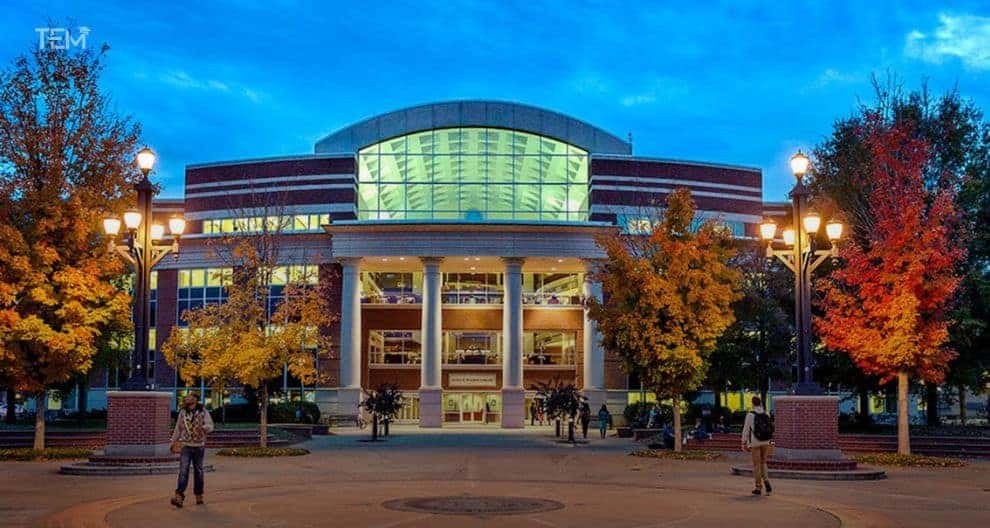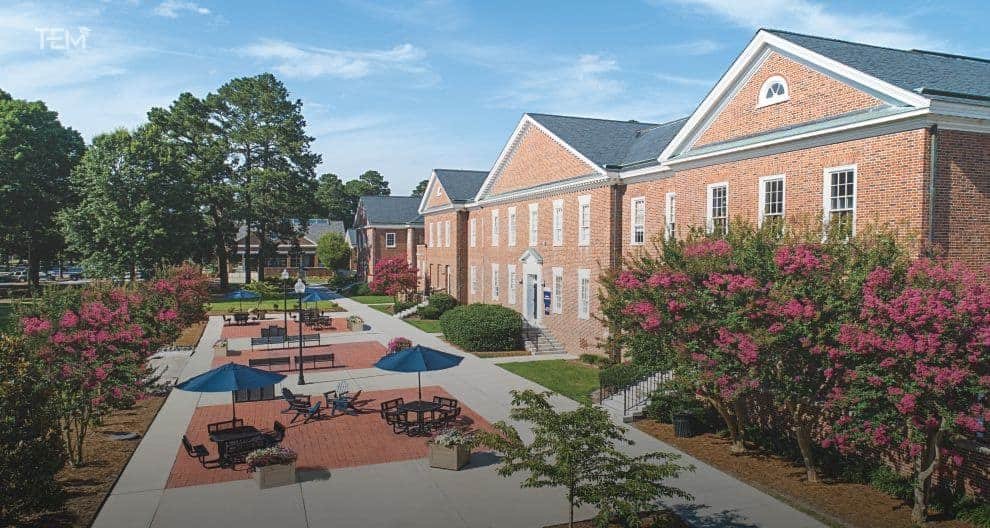The changing realities in education around the world require institutes and modern educators to be agile and adaptive. The 21st century students want to learn at a pace that allows them to master new concepts and skills, access a variety of resources, receive timely feedback on their progress, and demonstrate their knowledge in multiple ways. As a result, the demand for student-centered education has been significantly rising in recent years.
There are several leaders in the educational landscape who are strong proponents of student-centered education. Dr. Vernell A. Bennett-Fairs is one such influential educational leader—who enjoys cultivating relationships and collaborations on and off-campus for student success. Widely recognized as a creative and innovative educator, Dr. Bennett-Fairs has been the face behind successful strategies and creative and innovative programs at various educational institutes.
A Decorated Career
Dr. Bennett-Fairs has spent her entire career, spanning 25 years, on a college or university campus. She is a trained vocalist and started her career as a Music Instructor. She advanced to the rank of tenured Associate Professor of Music before transitioning to various administrative senior roles in Academic and Student Affairs.
Dr. Bennett-Fairs worked at prestigious institutes such as Kentucky State University (KSU) and Delta State University (DSU) before being appointed as the 13th President of LeMoyne Owen College on January 5, 2021. She is the second woman leading the only historically black college or university in Memphis, TN.
A Transformative Merger
LeMoyne College was established in 1862 by the American Missionary Association after the occupation of Memphis during the civil war as a school for freedmen and those escaping slavery. The College was named after Dr. Francis Julius LeMoyne—a Pennsylvania doctor, philanthropist, and abolitionist. S.A. Owen Junior College was established in 1947 by the Tennessee Baptist Missionary and Education Convention—named in honor of a distinguished religious and civic leader.
In 1968, the two colleges merged to become LeMoyne-Owen College (LOC). The College has a long history of producing notable trailblazers and leaders in education, civil rights, government, public policy, science, and business. As Memphis’ only historically black college, its goal is to continue cultivating well-rounded scholars who can compete globally and become successful leaders in their fields of choice.
The ‘Magic’ for Student Success
“The academic services at LeMoyne-Owen College are the magic for student success,” states Dr. Bennett-Fairs. She mentions that these services provide advice and guidance on academic requirements. They guide students in need of support by offering assistance with study skills and time management, as well as early intervention strategies. They also offer assistance with adjustment to college, contacts with tutors, and assists with referrals to other appropriate college resources.
Additionally, these academic services aid first-year students in exploring majors, providing career exploration tools, and making a successful transition to college life. They provide the knowledge of academic policies and procedures as well as the academic and social resources needed for success and engagement at the College. Dr. Bennett-Fairs believes that academic services are the limbs that facilitate successful first and final steps that lead to degree attainment.
Encouraging International Students
As a historically black college, LOC’s international population provides diversity and reciprocal learning opportunities for its international and domestic students. The College has earmarked scholarships for recruiting international students. It also has a student organization focusing on international student relations and needs, as well as making their transition to the college a seamless one. Dr. Bennett-Fairs mentions that LOC’s alumni base provides additional support to international students.
Focusing on Experiential Education
LOC participates in multiple consortiums in higher education and industry-based cohorts and translates that knowledge to the classroom through experiential learning models. The College also leverages its National Center for Academic Excellence in Cyber Defense Education (CAE-CDE) designation from the National Security Agency and Department of Homeland Security to gain experiential knowledge and create new opportunities within its curriculum. “This helps students get exposure to tech job opportunities,” asserts Dr. Bennett-Fairs.
Lucrative Career Opportunities
The College provides a plethora of opportunities for students to help them secure a lucrative career. As part of the work-study program, it allows eligible undergraduate students to acquire valuable workplace skills and earn much-needed money by working part-time in on-campus positions. Moreover, students can participate in meaningful volunteer assignments that build skills, a professional network and provide exposure to career options.
Furthermore, each semester, LOC students enter the workforce through internships or temporary positions that offer the opportunity for career exploration or development. “These placements are structured, supervised, professional learning experiences that offer meaningful and practical work related to a student’s field of study or career interest,” adds Dr. Bennett-Fairs.
Besides these, the career services—supported by other LOC departments—act as a workforce development one-stop-shop that recruits and prepares students to enter the workforce. Career services also seek workforce partnerships that will result in job placement, mentoring, and networking opportunities for LOC’s students. Moreover, if students need additional training to prepare for specific placements, career services connect them to internal and external training.
A Holistic Experience
Dr. Bennett-Fairs believes that the postsecondary experience should be holistic for students, which includes how they socialize and engage outside the classroom. According to her, extracurricular activities such as civic engagement, athletic and artistic activities, Greek life, and campus life are very important aspects of students’ lives. These activities make students competitive in the workforce as it reflects their ability to multi-task, to engage others, and their civic conscience.
Coping with Transformations
According to Dr. Bennett-Fairs, the most transformational change in the education sector over the years has been the access to education. As an HBCU, LOC is amongst more than 100 institutions founded to provide access for African Americans to pursue a college degree. This gateway was critical for the College. Dr. Bennett-Fairs further mentions that technology too has transformed the way we educate, research, study, teach, and communicate.
Recently, the COVID-19 pandemic has forced institutions to consider new modes of course delivery that turned out to be an effective way to engage and educate students while introducing some faculty technological advances that support the cyber classroom. “The pandemic also called for campuses to become creative when developing engagement activities for students,” adds Dr. Bennett-Fairs.
The Four ‘R’s
Dr. Bennett-Fairs asserts that 2021 will be the year that LOC reintroduces itself to its community, region, country, and around the world. With a prime focus on the four ‘R’s (Recruitment, Retention, Revenue, and Relationships)—the College aims to expand its program offerings and student support systems, build collaborations in its community in support of student success, and enlist the support of LOC’s alumni and friends to assist in advancing the institution.
“The development of pipelines for recruitment within our local schools and youth clubs will acclimate prospects to our campus and its offerings while allowing them to form relationships with students, faculty, and staff,” states Dr. Bennett-Fairs. She believes that intentional strategies and support systems will make accomplishing the four ‘R’s attainable.
The Ideal College
Choosing a college can be tricky for today’s students, given the availability of numerous options. Being in the education sector for more than two decades, Dr. Bennett-Fairs advises that students should choose an institute that offers their desired academic major and non-academic offerings that appeal to their interests and needs. Moreover, students should consider if they could be impactful and contributing to the institute.

Read Full Magazine:- The 10 Most Influential Educational Leaders in USA, 2021


